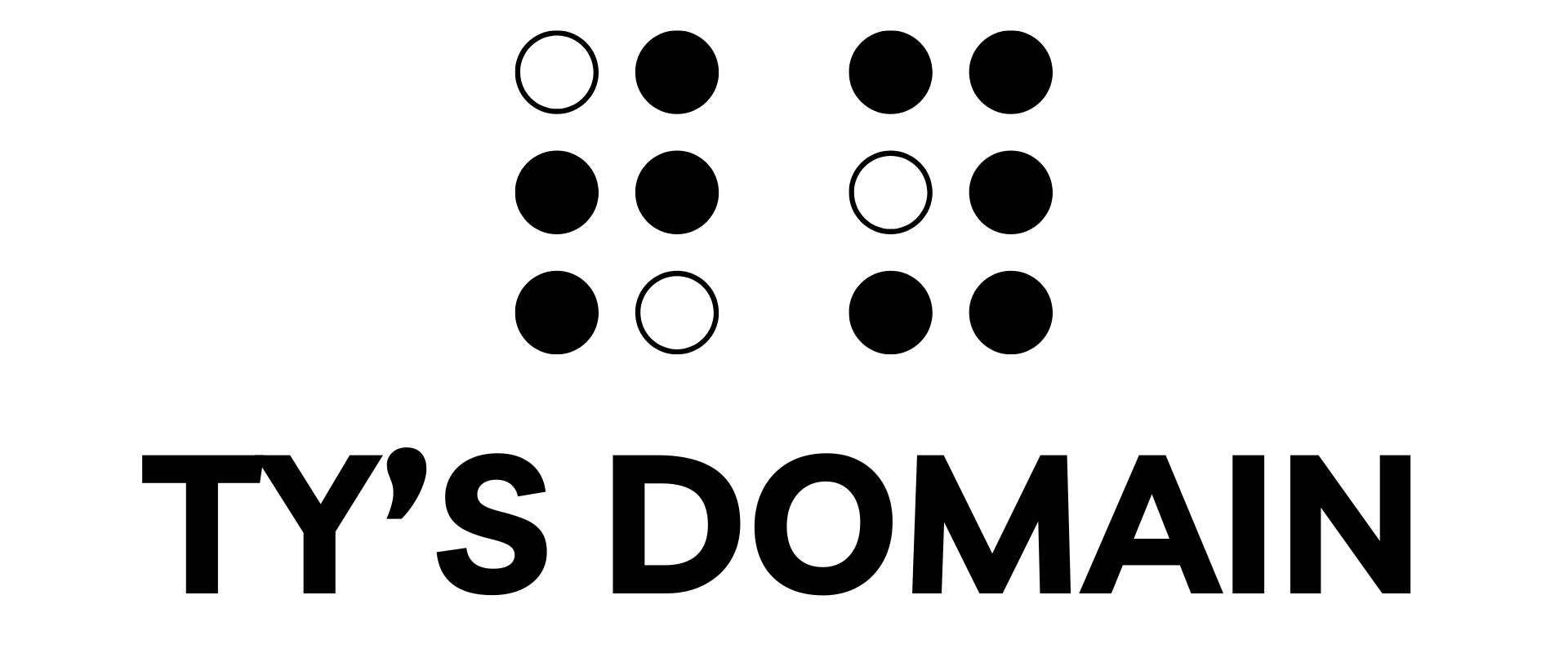The internet is filled with tools and features designed to protect users and websites alike, but few are as pervasive—and as frustrating—as CAPTCHAs. CAPTCHAs (Completely Automated Public Turing tests to tell Computers and Humans Apart) are automated challenges intended to verify that a user is human. They appear in various forms, from identifying images with specific characteristics (“find all the dogs in a set of images”) to deciphering and entering distorted text presented in an image. These are embedded into countless websites to prevent automated spam, fraud, and abuse.
While CAPTCHAs play an important role in security, they often come with significant accessibility and privacy trade-offs, particularly for users who rely on screen readers and other assistive technologies.
Continue reading
When Advocacy Falls Short: Exploring Power Imbalances for People with Disabilities
As a blind person, I often find that my voice is unheard or outright ignored in many situations, especially when power dynamics are unbalanced, making it difficult for me to protest or address the issue in the moment. While the stories I share here are centered around travel, these experiences are not isolated to just these scenarios; they’re simply easier to explain and discuss.
Continue reading
